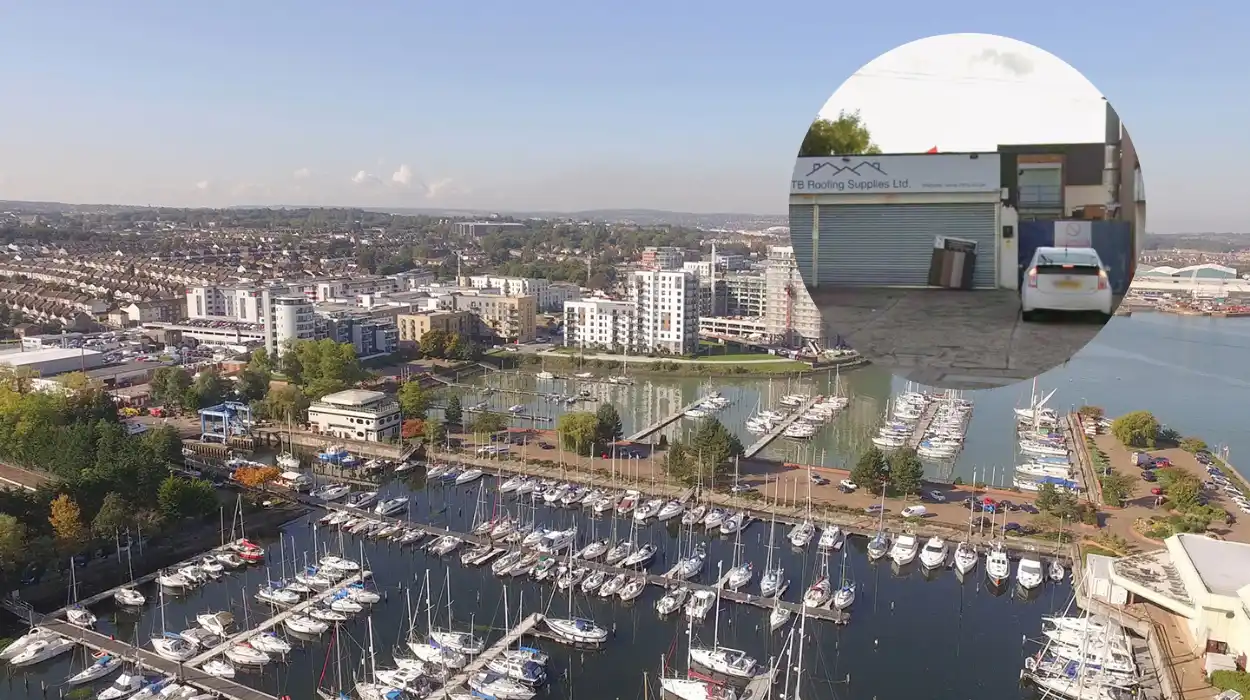Key Points
- The proposed development of 1,250 homes on an orchard site off Pump Lane in Rainham, Kent, has been refused by Housing Secretary Michael Gove following an appeal.
- The decision was based on significant landscape harm, severe impact on the local road network, and harm to local heritage, outweighing housing benefits.
- The site is located within the Gillingham Riverside Area of Local Landscape Importance and is high-quality agricultural land.
- Campaigners, including a social media movement with over 3,000 supporters, welcomed the decision as a victory for community action.
- Local MP Naushabah Khan had previously expressed concerns about inadequate road infrastructure to support such a large development.
- Medway Council faces a housing land shortfall, with only 1.78 to 3.03 years of supply, intensifying the national housing crisis.
- The developer, AC Goatham & Sons, a fruit-growing family business, had proposed a local centre, village green, primary school, and two care homes alongside the housing.
- The application was assessed under the National Planning Policy Framework’s presumption in favour of development due to the council’s outdated local plan.
- Planning Inspector advised refusal, citing the project’s conflict with multiple development plan policies and its location outside existing settlement boundaries.
- Gove simultaneously approved a separate 900-home development in Herne Bay, Kent, indicating a case-by-case approach to housing appeals.
Inverted Pyramid: Gove Blocks 1,250-Home Rainham Orchard Development Amid Community Backlash
Plans for a major housing development on a historic orchard in Rainham, Kent, have been definitively rejected by Housing Secretary Michael Gove, marking a significant intervention in the ongoing tension between national housing targets and local environmental preservation. As reported by Building.co.uk, Gove dismissed the appeal by landowner AC Goatham & Sons, overturning a potential approval pathway despite Medway Council’s acknowledged housing land shortfall. The decision, described as Gove’s first major planning ruling since his September 2025 appointment, underscores a prioritisation of landscape and heritage concerns over the presumption in favour of development.
The proposed 1,250-home scheme was set for an orchard off Pump Lane, a site designated within the Gillingham Riverside Area of Local Landscape Importance and classified as high-quality agricultural land. According to the planning inspector’s report, cited in the decision letter, the development would have caused a “substantial adverse landscape and visual impact,” a factor that carried decisive weight in the final ruling. The inspector further noted the project’s location outside existing settlement boundaries and its conflict with several policies in the council’s 2003 Local Plan, which remains in force due to the absence of an updated version.
Why Was the Rainham Orchard Development Turned Down?
The core justification for refusal centred on the disproportionate negative impacts the scheme would have inflicted on the local area. Gove concluded that
“the adverse impacts of granting permission would significantly and demonstrably outweigh the benefits,”
the critical threshold defined by the National Planning Policy Framework (NPPF) for refusing development even in areas with a housing land shortage. The inspector’s findings highlighted a “severe” potential impact on the local road network during peak times, a concern echoed by local MP Naushahab Khan, who stated she was “not convinced” the necessary road infrastructure would be delivered to support 750 homes, let alone 1,250.
Furthermore, the development was found to cause “less than substantial harm” to several protected heritage assets, a finding that still attracted “considerable importance and weight” in the decision-making process. While the government acknowledged the “significant” housing need in Medway, with a land supply of only 1.78 to 3.03 years, Gove determined that the specific material considerations of this case warranted a decision in line with the existing development plan. The developer’s proposal for a 20% increase in biodiversity was noted but ultimately deemed insufficient to counterbalance the landscape and transport harms.
How Did the Community Respond to the Development Plans?
Local opposition to the development was robust and well-organised. As reported by the BBC, a social media campaign opposing the project had rallied more than 3,000 supporters, framing the orchard as a vital green space worth protecting. The campaign drew strength from a previous community victory four years prior, when a similar development proposal for the site was also rejected. A Facebook page dedicated to opposing the plans celebrated Gove’s decision as a “strong and decisive rejection of the outrageous plans by AC Goatham” and “such great news for our community”.
Residents’ concerns, as documented in correspondence with the council, focused on the additional pressure the development would place on the already congested A2 London Road, the loss of open countryside, and the car-dependent nature of the proposed housing. The loss of high-quality agricultural land was also a key point of contention, with Swale Borough Council expressing unhappiness over the erosion of designated open space.
What Are the Implications for Housing in Medway?
The refusal presents a complex challenge for Medway Council, which is under statutory obligation to meet government housing targets. Simon Curry, the council’s head of change and regeneration, has previously stated that the authority must meet these targets, citing that over 1,000 children in Medway are living in temporary accommodation. The council’s draft local plan, which includes the Pump Lane site among several others for development, is an attempt to proactively manage growth and prevent “inappropriate” applications from profit-driven developers.
However, the Gove decision highlights the difficulty of balancing these competing demands. While the council’s draft plan aims to direct development to suitable locations, the final authority rests with the national government on appeals. The simultaneous approval by Gove of a 900-home scheme in Herne Bay suggests a nuanced approach, where each application is judged on its individual merits rather than a blanket policy. For Medway, the task now remains to secure a viable housing supply while navigating the stringent environmental and infrastructural assessments required by national policy.


